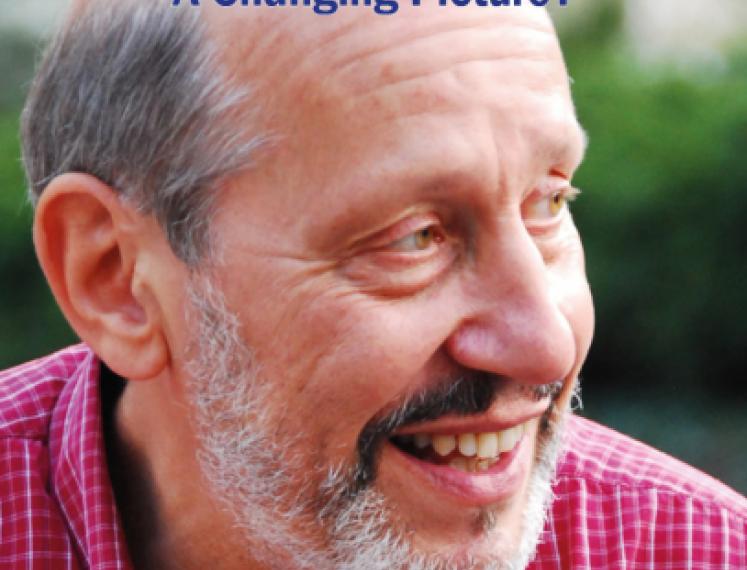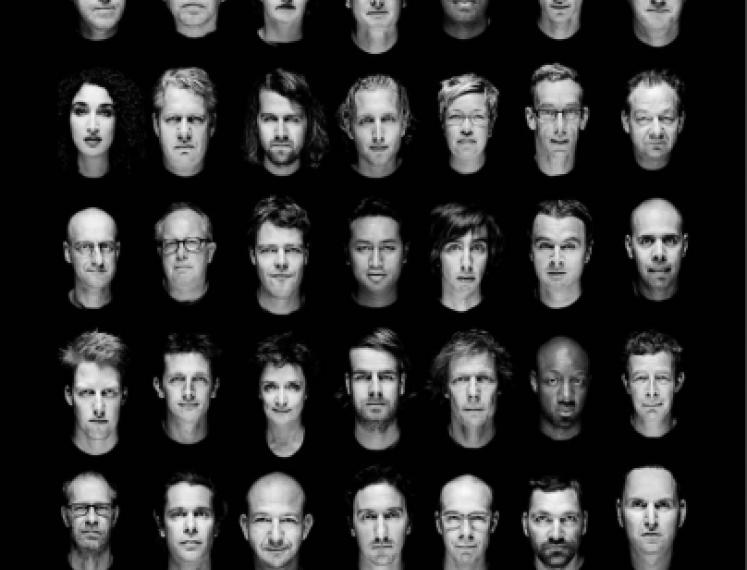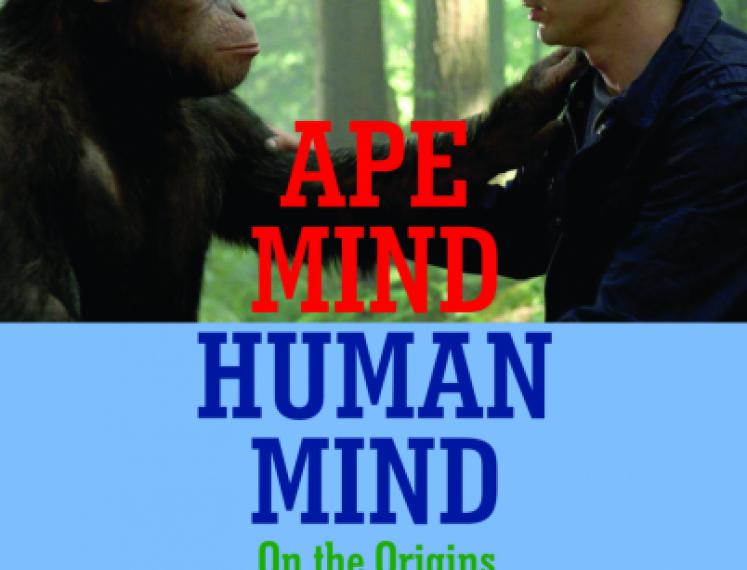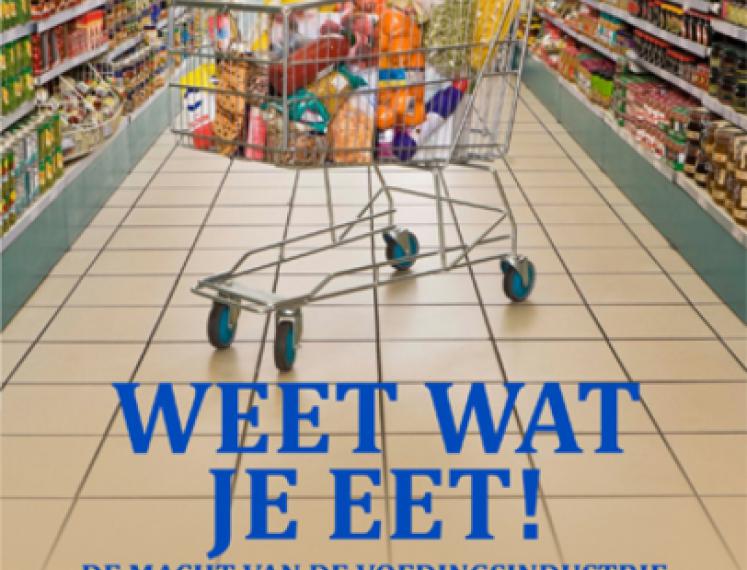
Academiegebouw
Broerstraat 5
Groningen
Netherlands
Toleration in the Dutch Republic
Pre-1800 Dutch toleration was essentially a stalemate of conflicting confessions and theologies, not a genuine secularization based on democratic Enlightenment principles and values.
During the 16th and 17th centuries the Netherlands led the entire Western world with regard to religious toleration. But by the eighteenth century, and especially the revolutionary era (1775-1800), the position had changed dramatically and the United States, Britain and France (during the democratic phase of the Revolution, 1789-93, and again after Robespierre's downfall), all surpassed the Netherlands in freedom of conscience, freedom of expression and removing religious discrimination. How and why did the Netherlands lose its primacy in this sphere? The explanation offered in this lecture is that pre-1800 Dutch toleration was essentially a de facto stalemate of conflicting confessions and theologies, not a genuine secularization based on democratic Enlightenment principles and values. What had once been the source and guarantee of Dutch toleration after 1780 became the source of a residual intolerance and discrimination.
After the lecture three panel members will give a short response: Erin Wilson, director of the Centre for Religion, Conflict and the Public Domain, Hans Engels, Professor of Municipal Law and Member of the Dutch Senate, and historian Stefan van der Poel, specialised in modern Jewish history.
Jonathan Israel is Professor of historical studies at the Institute of Advanced Studies in Princeton. His work is concerned with Dutch history and European colonial history from the Renaissance to the eighteenth century. His recent work focuses on the impact of radical thought (especially Spinoza, Bayle, Diderot, and the eighteenth-century French materialists) on the Enlightenment and on the emergence of modern ideas of democracy, equality, toleration, freedom of the press, and individual freedom. His books include Radical Enlightenment: Philosophy and the Making of Modernity, 1650–1750 (2001); Enlightenment Contested: Philosophy, Modernity, and the Emancipation of Man 1670–1752 (2006); and A Revolution of the Mind: Radical Enlightenment and the Intellectual Origins of Modern Democracy (2009).
For the University Colloquium, the Groningen University approaches notable lecturers with an inspiring tale to tell - renowned people in the business world or academia who will be able to generate a lot of interest within our University. The firm intention is to breach faculty boundaries.


